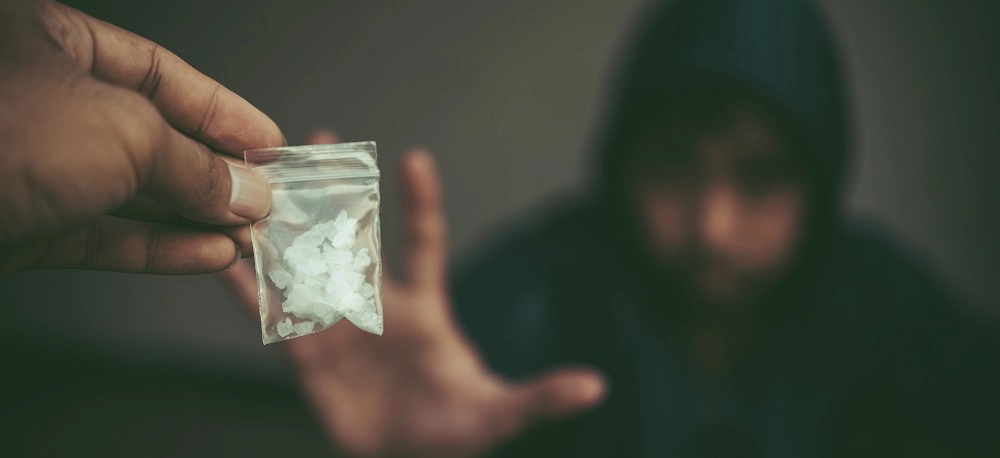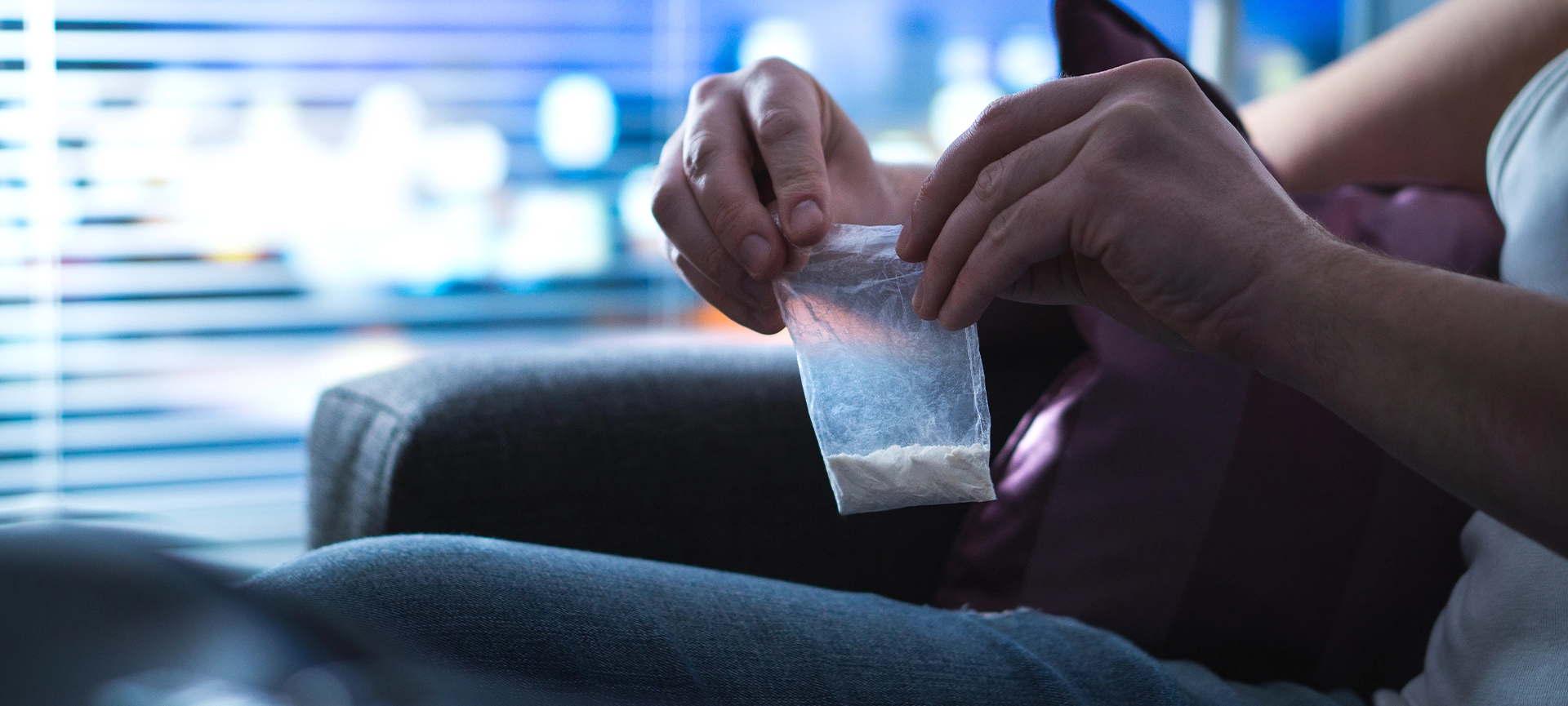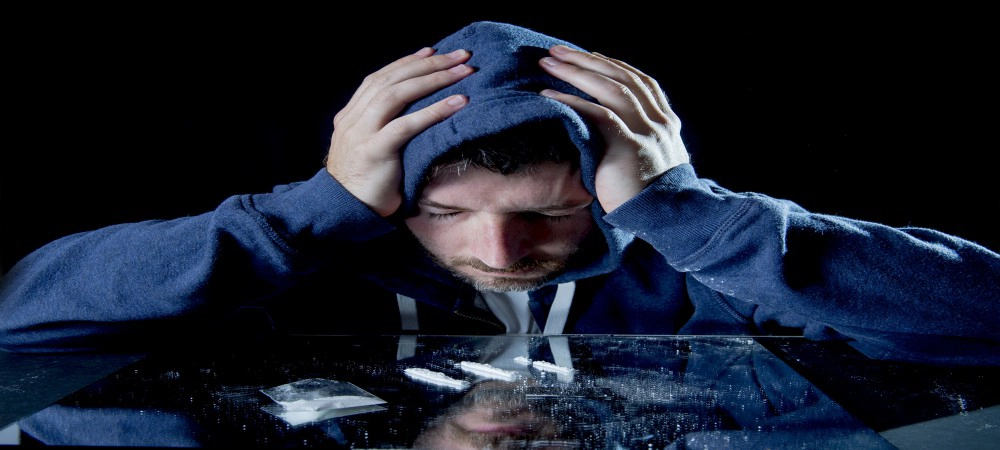Cocaine addiction is a common phenomenon in Canada. While no addiction is pretty, Cocaine addiction is particularly ugly. If left unchecked, the side effects of cocaine abuse can be very dangerous.
Thankfully, there’s a solution in the form of cocaine addiction treatment. However, for most people in Toronto, they need answers to the question “Does cocaine addiction treatment work?”
Are you wondering if the price of cocaine rehab is worth it? Perhaps, you’re wondering if cocaine addiction treatment can actually offer long-term sobriety. Keep reading for all the answers you need.
A Quick Look at Cocaine Addiction
Cocaine is one of the most potent stimulants of the central nervous system. Cocaine makes you feel as light as a feather, and some hundreds of meters taller than Everest — or so it seems.
Here are some colloquial cocaine names:
- Coke
- Crack
- Blow
- Snow
- Rock
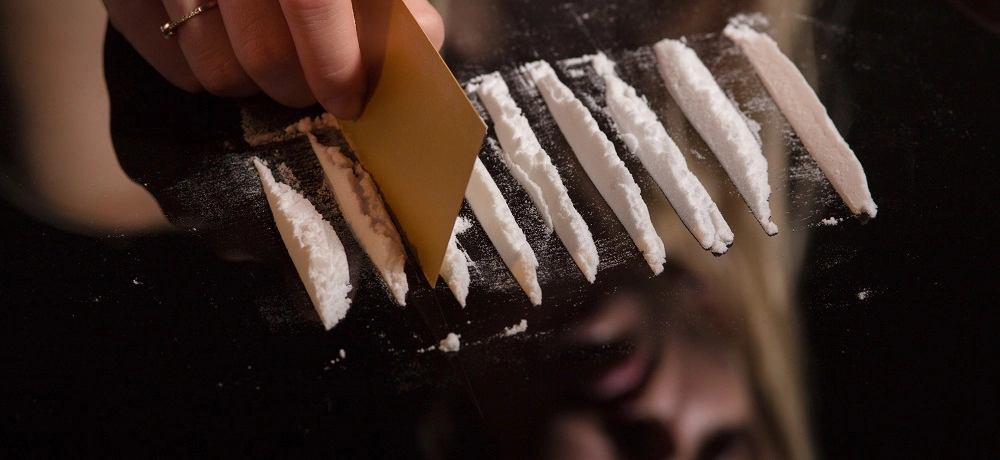
Cocaine can be smoked, injected into the veins, or snorted. You guessed right; the standard way remains to snort the white powder. It’s what Hollywood movies show us after all.
Nonetheless, the other ingestion methods achieve a quicker effect and more intense highs. These other options also increase the risk of overdose.
These methods of using cocaine immensely contribute to the euphoria ‘rush’ users describe. This is because cocaine directly reaches the brain without coursing through the digestive system. It’s why it’s not licked or swallowed.
Bound by these ingestion parameters, cocaine has been used in many ‘ingenious’ ways. Different people mix it with other stimulants, to get even more peculiar results. Common additives include heroin and amphetamine.
Cocaine highs last the shortest. Depending on how it is ingested, the typical rush lasts for about 15 to 30 minutes. This is unlike amphetamines, for instance, that may remain in your system for hours, days, or even months! Due to the breadth of the highs cocaine gives, dependence, addiction, and overdose are even easier. After the first 30 minutes, you want more.
As difficult as it may be to believe, cocaine is not all bad. It has therapeutic functions, though very few. In nasal surgeries, it is used to reduce bleeding. It can also be used as a local anesthetic to numb certain areas of the body during surgical procedures.
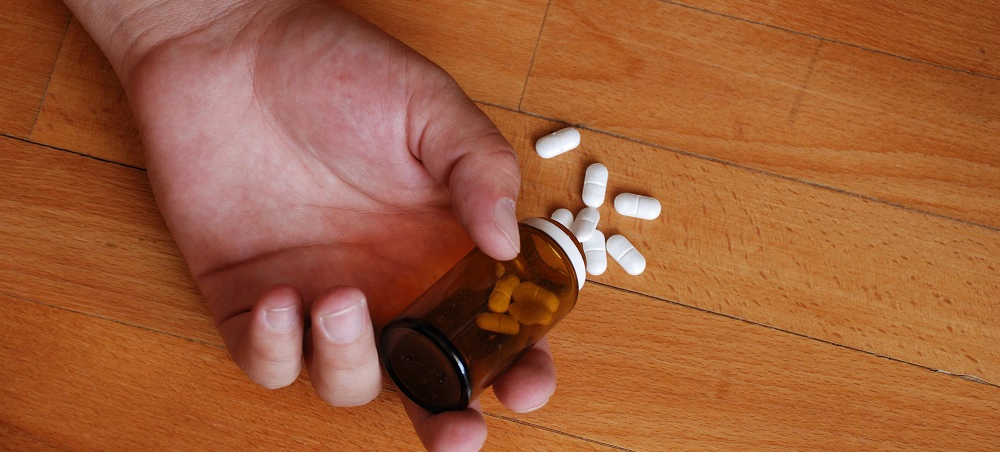
Here are some of the effects of cocaine
- Increased heart rate
- Increased body temperature
- Itching with the feeling of insects crawling beneath your skin.
- Headaches
- HIV/AIDS ( from injections)
- Seizure episodes
How Does Cocaine Work
Cocaine majorly works by increasing the volume of neurotransmitters circulating the central nervous system. The neurotransmitters responsible for the euphoria that cocaine brings are dopamine, epinephrine, and serotonin.
It does this by inhibiting the reuptake of these chemicals, allowing unhindered excitement of the nervous system. In essence, cocaine blocks the dopamine reuptake proteins, known as transporters.
Related article: Best Cocaine Addiction Treatments
What Are The Symptoms of Cocaine Withdrawal?
The slightest attempt to stop abusing cocaine can trigger the ugliest reactions. These are known as withdrawal symptoms, and they’re proof of cocaine addiction treatment. More commonly, experts call it the ‘crash’ of withdrawal.
While withdrawal symptoms are common to every attempt at drug abstinence, cocaine withdrawal is pretty bad. It is why we recommend that people withdraw with the assistance of cocaine addiction treatment experts.
Here are some of the symptoms of cocaine withdrawal:
- Mood change: You can almost tell a person going through withdrawal symptoms by how unpredictable their moods are. They may be depressed, anxious, or highly irritable.
- Tiredness: Extreme fatigue characterizes cocaine withdrawal symptoms. When using, the euphoria usually masks this tiredness. During withdrawal, you’ll take the brunt of it.
- Intense craving: This is probably the most evident withdrawal symptom. Folks in withdrawal can go any length to get snow shot up their nostrils. The longing is even more intense because cocaine in the system will make all other withdrawal symptoms disappear.
- Sleeplessness: Isn’t it crazy that though you’re tired, you can’t sleep? Insomnia and nightmares are prevalent traits of cocaine withdrawal.
Note: The intensity of the withdrawal a person experiences is dependent on the frequency and duration of previous use. Hence, the problems encountered during cocaine addiction treatment vary from person to person.
Cocaine Addiction Treatment: Does it Work?
The road to freedom from cocaine addiction is long and tortuous. With all the discipline, consistency, and support, it is possible.
So, despite the tendency for relapse, cocaine addiction treatments work. And they work very well.
There’s hope for you. These are common cocaine addiction treatments you can expect at a rehab centre.
Detoxing
On a brighter side, detoxing your system of cocaine takes a shorter time compared to other drugs. Remember, it only stays in the system for about 15-30 minutes. Nonetheless, conscious detoxing can be intense.
There are presently no approved drugs that help you through this process. Sadly, the cravings and the mood swings will stay until they’re no longer there. It’s how you know you’re making progress.
When exactly do these symptoms cease? You can’t put a number on it, but the symptoms are worse the first month after quitting.
Detoxification can be done within and outside the hospital premises. Don’t wait for withdrawal symptoms to arouse suicidal thoughts and unbearable feelings, go through it with the help of professional addiction treatment services.
It helps to eat healthily, work out, and hang out with friends. Anything to help you live a balanced physical and mental life.
Behavioural Therapies
These work hand in hand to make detoxification an easier process. They are of two major forms.
With Cognitive Behavioral Therapy (CBT), you and a counsellor go on a long journey. Together, you identify the thoughts, conditions, and experiences that trigger the need to use cocaine. You talk about it, and with the required expertise, your counsellor attempts to do one of two things: change these thoughts, or change your reaction to these thoughts when they arise. CBT works on the principle that the one true way to change your life is by changing your thoughts.
Contingency Management rewards healthy, positive behaviour. And remember, of course; taking cocaine is not positive behaviour! With these management procedures, positive decisions come naturally to you. Examples of such rewards include free gym membership cards, dinner tickets to exclusive restaurants, flight tickets to desired locations. Essentially, anything but Cocaine and other controlled substances!
The Interesting Story Behind the mGlur5
David Engblom is a Swedish neurobiologist. He and a few colleagues published an article on the Journal of Neuroscience that researched the relevance of a glutamate receptor (mGlur5) in relapsing after a period of abstinence.
It was an exciting experiment they performed with mice. In a control experiment where mice had the receptors present in their brains, they went back to cocaine after a period of ‘detoxification.’ With these receptors removed in another group of mice, there was no observed relapse whatsoever.
Nobody knows what this holds, but scientists and medical practitioners are working relentlessly in translating this research into a reality to help addicts easily get over cocaine addiction.
Conclusion
When entering a labyrinth, you can swear you’d know your way out until you discover you don’t. It’s almost the same thing with cocaine addiction. You want to get out, but you suddenly don’t know how to.
Cocaine addiction treatment methods are your one true way to freedom. They can be slow, and challenging, but they work. The good news is you don’t have to go through it alone. Our addiction treatment programs are tailor-made for residents in Canada. Check out our services today!
Related article: How to Quit Cocaine Addiction | Quitting Cocaine





